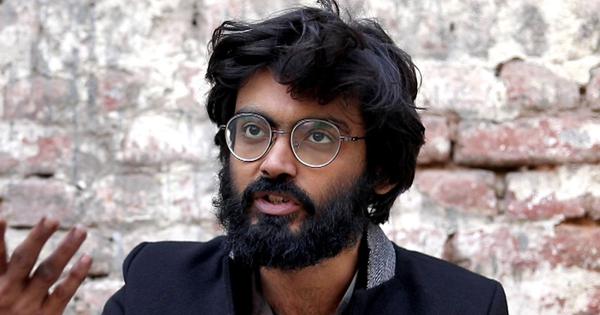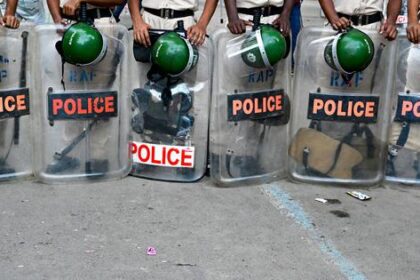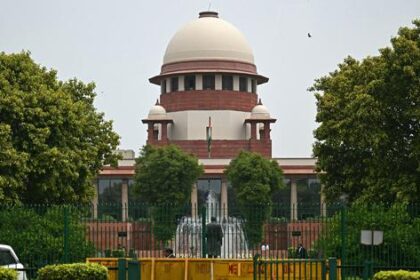Sharjeel Imam seeks interim bail to participate in upcoming Bihar Assembly elections as an independent candidate.
Activist Sharjeel Imam has filed a petition with a Delhi court, requesting interim bail for two weeks to enable him to contest the forthcoming Bihar Assembly elections. Imam, who has been accused of involvement in a “larger conspiracy” related to the 2020 Delhi riots, is seeking the court’s approval to be released from custody for this purpose.
The Assembly elections in Bihar are scheduled to take place in two phases, on November 6 and November 11, with the vote counting set for November 14. Imam’s application has been presented to Additional Sessions Judge Sameer Bajpai at the Karkardooma Courts, where the Delhi riots case is currently being adjudicated. The activist aims to contest as an independent candidate from the Bahadurganj constituency, located in the Kishanganj district.
In his bail application, Imam described himself as a “political prisoner and a student activist,” emphasizing that he lacks support from any political party. He noted that only his younger brother, who is also attending to their ailing mother, is available to assist him with the nomination and campaign processes. Imam highlighted the urgency of his request, as the nomination filing period for the elections begins on October 13 and concludes on October 20, necessitating his presence in the constituency for the submission of his nomination papers.
Sharjeel Imam has been incarcerated for over five years, having been arrested in January 2020 due to speeches made during protests against the Citizenship Amendment Act and the proposed National Register of Citizens. The Delhi Police’s chargesheet alleges that his speeches incited members of the Muslim community, which subsequently led to riots in North East Delhi in February 2020. These clashes, which occurred between supporters and opponents of the Citizenship Amendment Act, resulted in the deaths of 53 individuals and left hundreds injured.
The Delhi Police has characterized the violence as part of a coordinated effort to undermine the Narendra Modi government, claiming it was orchestrated by individuals involved in the protests against the contentious citizenship law. As a result, Imam faces serious charges under the Unlawful Activities Prevention Act, as well as various sections of the Indian Penal Code. These charges include sedition and promoting enmity between different groups based on religion, race, and other factors.
On September 2, Imam’s request for regular bail in the Delhi riots case was denied by the Delhi High Court. Following this, he approached the Supreme Court, which on September 22 issued a notice to the Delhi Police, seeking their response to the bail pleas filed by Imam and others implicated in the riots case. The developments surrounding Imam’s case continue to draw attention as he seeks to navigate the legal system while attempting to engage in the political arena.








